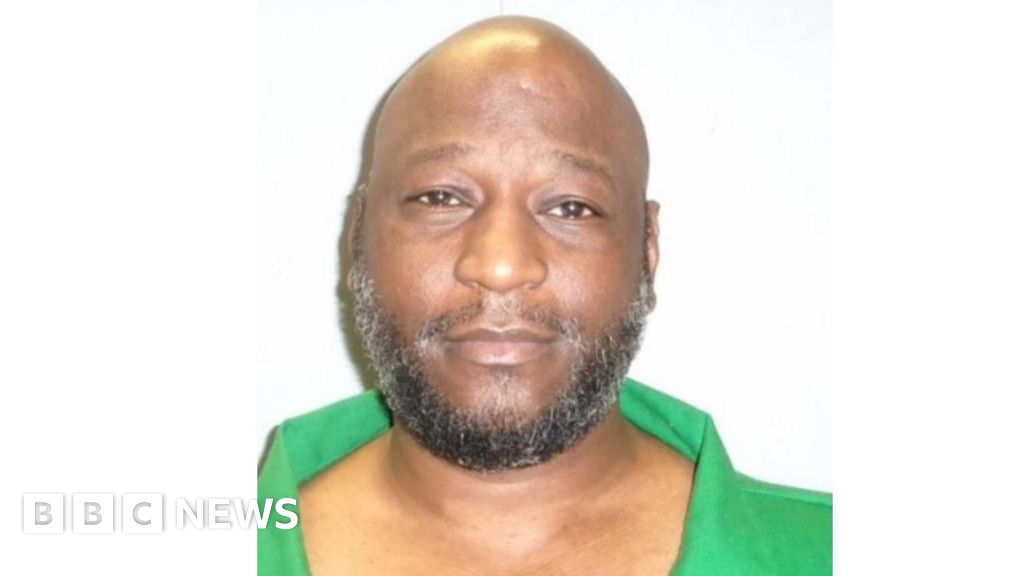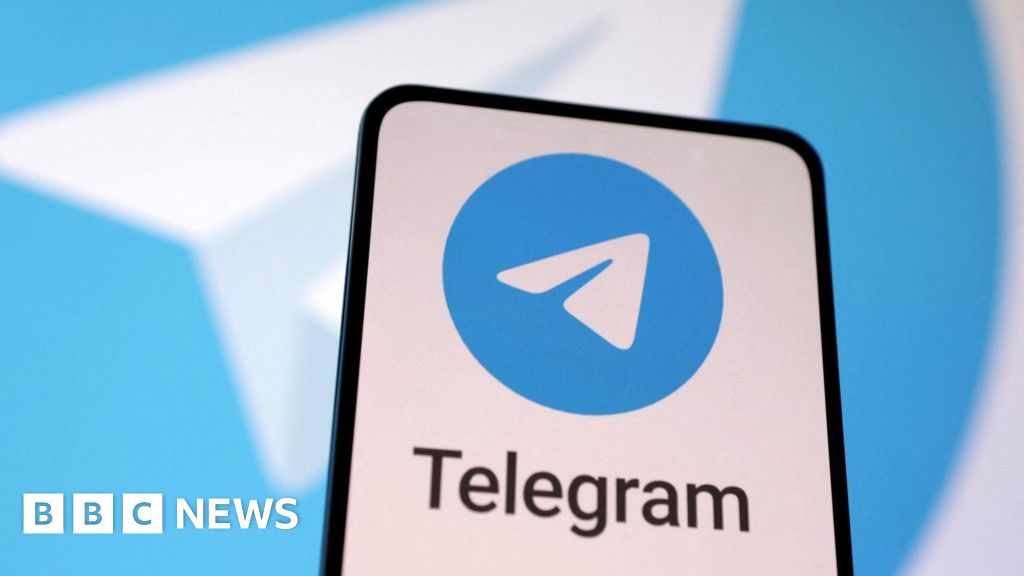
File: Students writing the UTME
NIGERIA is toying with the future of its tertiary education. This came out in bold relief after the 2024 policy meeting on admissions in Nigeria ridiculously lowered the benchmark again. After their deliberations, the stakeholders announced the minimum benchmark scores for admissions to tertiary institutions. The meeting, hosted by the Joint Admissions and Matriculation Board, was chaired by the Minister of Education, Tahir Mamman. Those in attendance included the heads of education agencies, vice-chancellors, rectors, and provosts.
During the meeting, it was agreed that 140 marks would be the minimum benchmark score for admission into universities and 100 marks for polytechnics and colleges of education. This is shocking, a debasement of merit.
Though it was expressively stated in the meeting that individual institutions had their respective minimum benchmark scores, it is still an elevation of mediocrity. Among others, the Pan-Atlantic University agreed on 220 as its benchmark score. The University of Lagos and Obafemi Awolowo University chose a 200 minimum score. These marks are not good enough for universities that aim for excellence.
More appalling is that some universities suggested scores below 140.
Candidates are tested in four subjects for an aggregate of 400 marks. One hundred forty marks is, therefore, a gross failure out of 400. This standard is just too low. It can only worsen Nigerian universities’ abysmal ranking compared to global standards.
Though students are free to choose their subject combination in line with their choice of courses of study, the Use of English is compulsory.
JAMB Registrar, Ishaq Oloyede, said while over 1.9 million candidates sat the examination, which took place in all the 36 states of the federation and the Federal Capital Territory between April 19 and 29, only 1,842,464 of the candidates had their results released. Oloyede noted, “8,401 candidates scored 300 and above; 77,070 scored 250 and above; 439,974 scored 200 and above, while 1,402,490 scored below 200.”
With 76 per cent recording less than 200 out of 400 or less than a 50 per cent score, most candidates are not ready or fit for university education. In a competitive world, that is a huge setback for Nigeria. Nigerian universities rank very poorly among their continental and global peers. If these poor candidates are admitted into the institutions next session, their ratings will continue to crash further.
Over the years, tertiary institutions– and probably a society that has lost its values – have lowered the cut-benchmark scores for admissions. In the past, institutions set as high as 240 for admissions. Later, the benchmark was downgraded to 200, then 180, and now 140. This has entrenched mediocrity in the system.
But the university is a place of excellence, where the best gets better, not mass vocational centres. By crashing the cut-off mark below 200, excellence has been compromised. This should be immediately reversed and all those who score below 50 per cent should not be admitted from this exercise.
The country is gradually slipping into a state of moral decadence where young people no longer see education and even hard work as the pathway to successful lives.
The Nigerian society itself must reverse this trend. Institutions must stop compromising standards to allow lazy and incompetent individuals to gain access to established fountains of knowledge.
This debasement of standards gives credibility to the idea that Nigerian universities need autonomy. Universities in the United Kingdom set their standards for admissions; a government does not need to sit in judgment over them because the institutions know where the heart of the issue lies.
Instead of Mamman’s pet policy of barring under 18-year-olds (under 16-year-olds from 2025), Nigeria should wisely concentrate on giving universities autonomy and allowing them to decide.

 1 month ago
4
1 month ago
4















 English (US) ·
English (US) ·